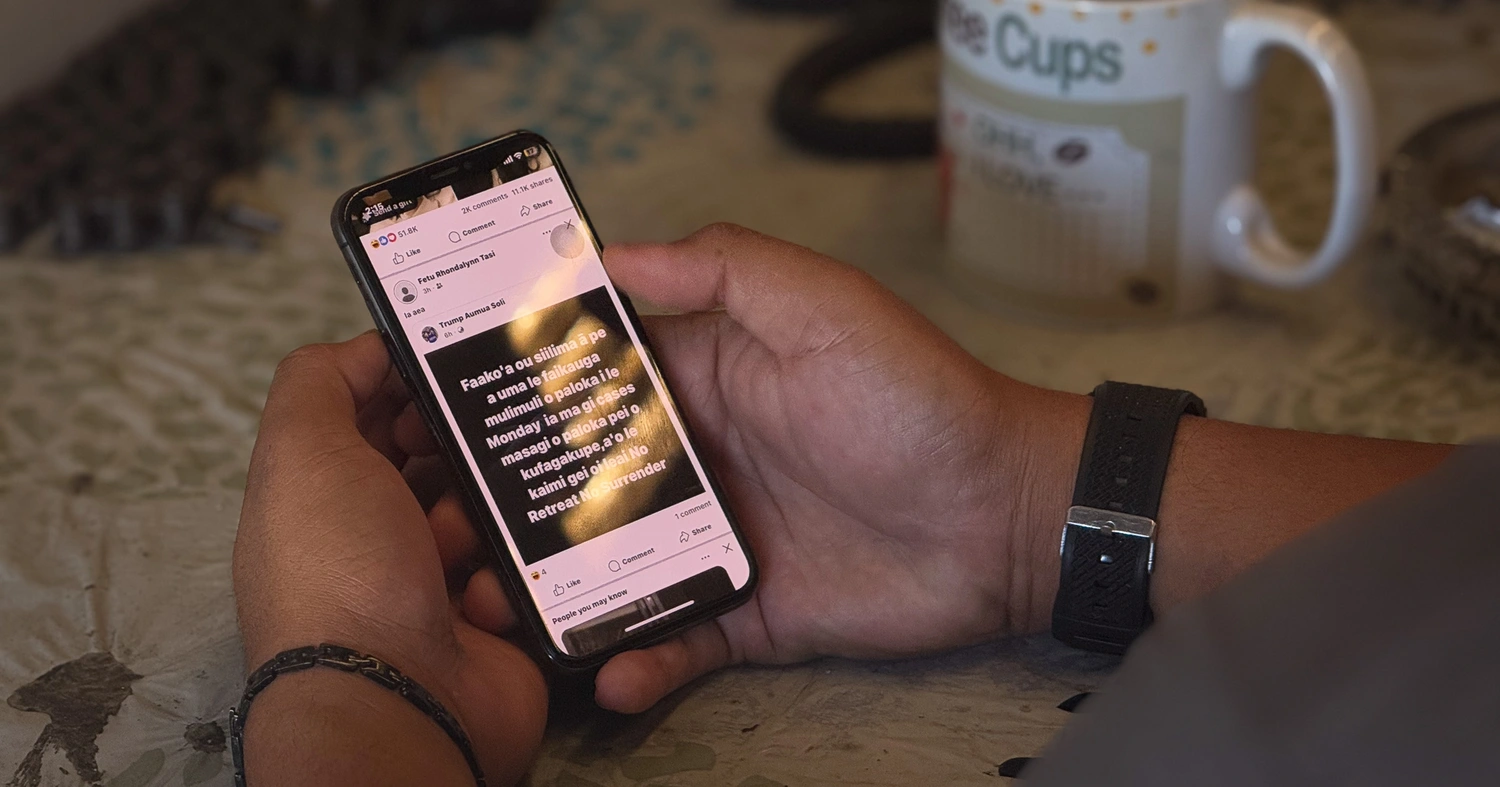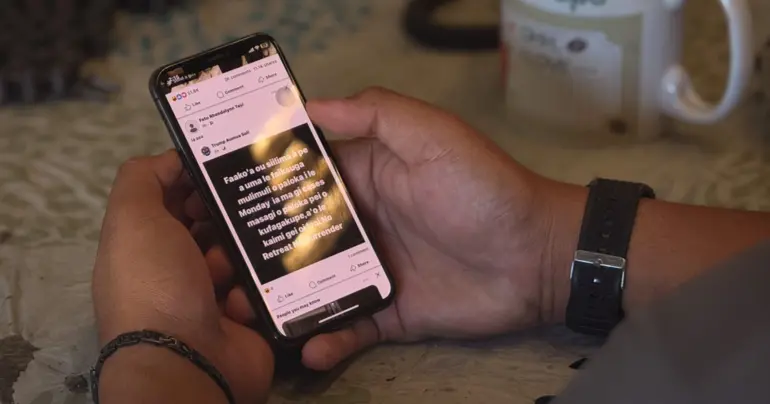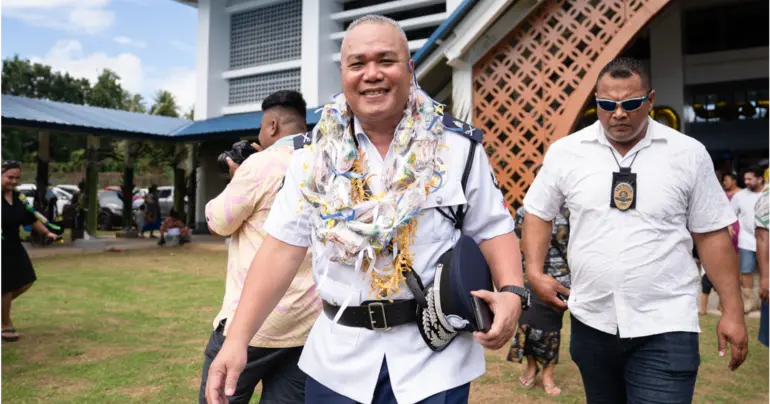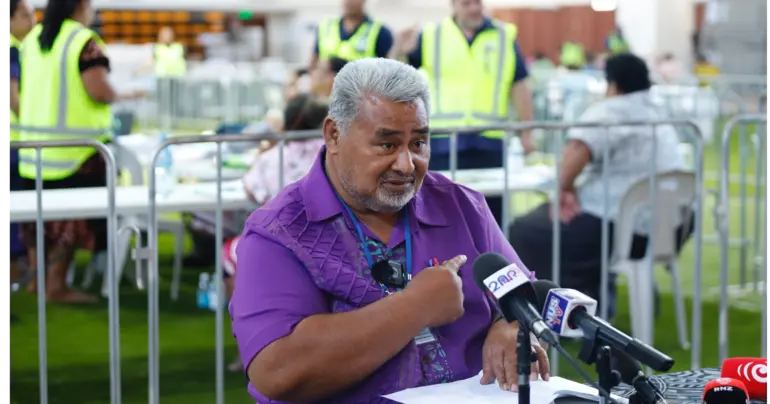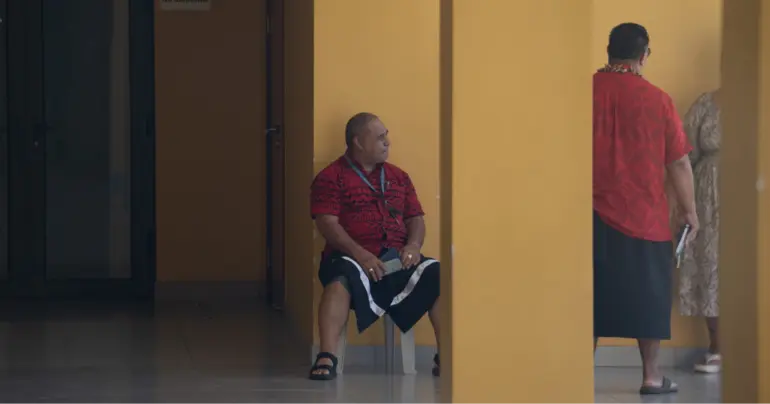Youth want voices heard in politics
 By Uale Omar Tofilau
•
01 September 2025, 12:00PM
By Uale Omar Tofilau
•
01 September 2025, 12:00PM
The youth below voting age hope there is a way they could make their voices heard, as decisions made by leaders impact them as well.
After the end of voting, social media platforms quickly filled up with election posts, but what stood out most were the voices of young people, especially students who are not yet eligible to vote until the age of 21.
Many of these students expressed their feelings. Some wished they could have a say in shaping the future of the country, while others felt satisfied just watching the provisional results unfold.
A post from a Foundation student at the National University of Samoa read.
“It’s funny how some people act like young people shouldn’t talk about politics just because we’re not ‘old enough to vote'. But here’s the thing, the decisions being made right now directly shape our future, our jobs, our schools, our planet, our rights. We see what’s happening too, and we have every right to speak up.
“Not being eligible to vote doesn’t mean we should stay silent. If anything, it means our voices are even more important, because we’re the generation that will live with the long-term effects of these choices.”
Speaking to a few college students about how they feel during this election period, an 18-year-old male student said, “All I wish for is the election to be over and see what’s ahead of us. No matter what the final results are, that’s just how it is.
“It’s so tiring seeing our youth, the students, fighting over the Instagram notes, Facebook posts, and the group chats in the direct messages. I mean, our youth shouldn’t be fighting over these. If we want our voices to be heard by the leaders, why don't we set a good example for them to follow?”
A 20-year-old female student also shared her thoughts, “Even if I can’t vote yet, I think it’s important for us to stay engaged and aware. I don’t want to wait until I’m 21 to start caring about what happens in our country. These results will affect my education, my family, and the community I live in. I believe the youth have the power to influence in positive ways, not by arguing online, but by learning and preparing to lead in the future.”
Although young people may not yet have the legal right to vote, their voices online show how deeply they care about Samoa’s future. Their conversations reflect not only the challenges of elections but also the hope that youth will continue to be part of shaping the nation.
 By Uale Omar Tofilau
•
01 September 2025, 12:00PM
By Uale Omar Tofilau
•
01 September 2025, 12:00PM




